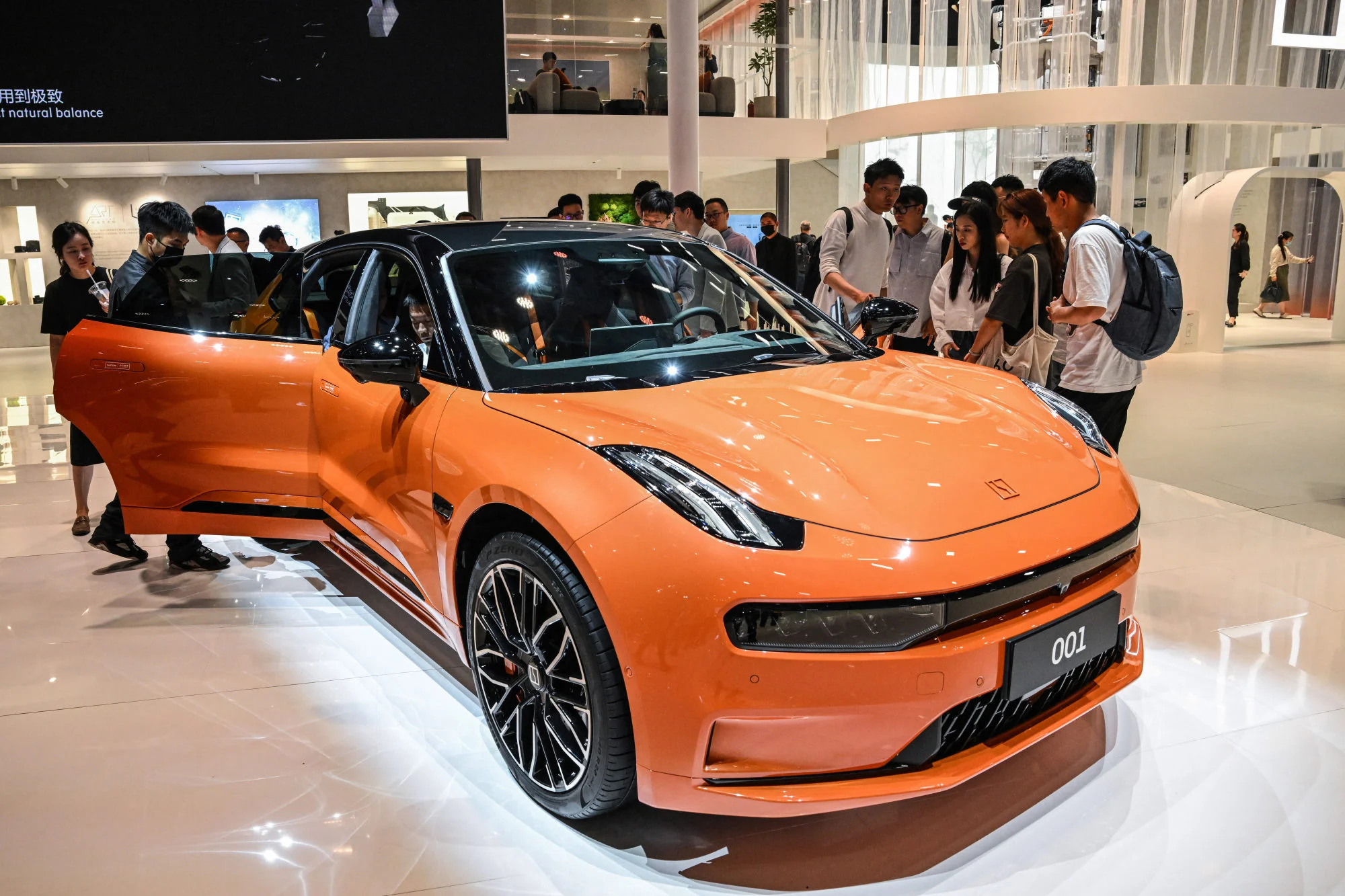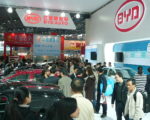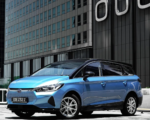Chinese Automakers Ramp Up Hybrid Vehicle Exports to Europe Amid EV Tariff Shift

Chinese automakers are accelerating exports of hybrid vehicles to Europe, positioning themselves to bypass the European Union’s newly imposed tariffs on electric vehicles (EVs) from China. These tariffs, which aim to protect the EU’s domestic auto industry, do not apply to hybrid models, presenting a strategic loophole for Chinese carmakers like BYD, the country’s leading EV manufacturer.
The Rise of Hybrid Exports
In the wake of EU tariffs of up to 45.3% on Chinese EV imports, introduced in October 2023 to counter alleged unfair subsidies, exports of hybrids have surged. From July to October, hybrid exports from China to Europe more than tripled to 65,800 units compared to the same period last year. Consequently, hybrids accounted for 18% of China’s vehicle exports to Europe in Q3, up from 9% in Q1. By contrast, EV exports dropped slightly from 62% to 58%.
Hybrid vehicles, which combine gasoline and electric power, are gaining traction among European consumers as an economical alternative to fully electric or combustion-engine vehicles, especially during periods of high inflation.
Automakers Adjust Strategies
Faced with slowing car sales in China and high tariffs in North America, European markets are becoming an essential outlet for Chinese automakers. Companies are also exploring local production in Europe to mitigate tariff-related costs. BYD, for instance, is considering manufacturing hybrids and EVs at its Hungarian plant.
New Models Targeting European Consumers
Chinese automakers are rolling out competitive hybrid models for Europe:
- BYD’s Seal U DM-i, its first plug-in hybrid for the European market, is priced at €35,900, undercutting Volkswagen’s Tiguan PHEV and Toyota’s C-HR PHEV.
- Geely, China’s second-largest automaker, launched a plug-in hybrid under its Lynk & Co brand in Europe.
- SAIC Motor is developing a range of powertrain systems tailored to European consumers to offset the high 35.3% tariff on its EVs.
The competitive pricing strategy could reshape the hybrid vehicle market, where European and Japanese automakers currently dominate. However, analysts warn that overly aggressive pricing by Chinese firms may provoke further trade restrictions from the EU.
Global Implications
Japan’s automakers are also leveraging the growing demand for hybrids in Europe, partly to address overcapacity in China. Honda, which experienced a 29% slump in Chinese sales in the first nine months of 2023, is exporting hybrids and EVs from China to Europe.
Chinese automakers’ pivot to hybrids underscores a broader trend of diversification, with companies like BYD and Geely positioning themselves as global players. Nonetheless, their success in Europe will depend on balancing market expansion with regulatory risks.
As the EU hybrid market grows, cost-sensitive European consumers could benefit from these competitively priced models, potentially disrupting the traditional dominance of local and Japanese automakers.





















